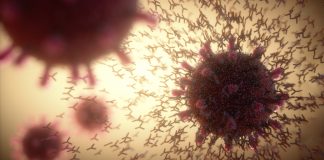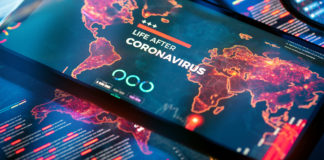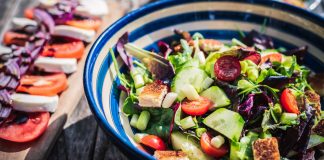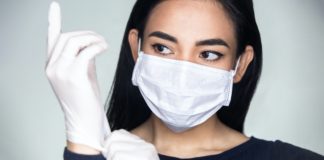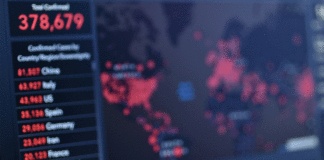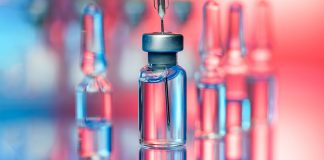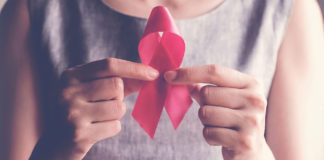The great COVID-19 supermarket stampede
Last year, most of us were blindsided when we entered our local supermarket, trudged down the toilet paper aisle and were confronted with extended shelves of emptiness. Somewhat disappointed and definitely a little bit anxious (especially if we were running low on the soft, white goodness), we began to wonder how long it would be before we sighted toilet paper again.
What is in the COVID-19 vaccines and what do they leave in the body?
What is in the COVID-19 vaccines? What remains in our system after each type of vaccine, and for how long?
Help is on the way. Hope is the way
1. I remember that day, 9/11. It was chaos. Violence, shortage of food. For several days, it was uncertain if there would be more...
Life after COVID-19: What will the new normal be?
Many certainties and convictions will be swept away. Many things that we thought were impossible are happening. The day after we have won, it will not be a return to the day before; we will be stronger morally.
Low-carb diets can shorten life expectancy
A diet that significantly reduces carbohydrate intake may shorten life by up to four years, according to a study published in The Lancet Public Health.
COVID-19: Why and how do masks, gloves and other protective equipment help?
I leave the house with gloves and a mask on. When I return, I clean my shoe soles and I wash my gloves with disinfectant. Then I take off my clothes, place them somewhere outside, take off my gloves and mask and wash my hands. Is this normal? Or am I a germophobe?
Vitamins, explained from A to K
We all know that vitamins are good for us. Many of us take supplements to boost the supply of vitamins in our bodies. However, it wasn’t until 1912 that Polish biochemist Casimir Funk actually came up with the concept of vitamins, which he called "vital amines."
The fragility of the good news about COVID-19 mortality
The mortality rate of COVID-19 remains high, but not as high as its transmission rate, and this good news needs nuances and explanations.
COVID-19 vaccines efficacy: Is it realistic to expect 100% effectiveness?
Medical science has made extraordinary progress over the last few decades, with achievements that have led to an increase in general life expectancy and quality of life. Today, afflictions such as cancer, severe heart failure, polio, or tuberculosis have modern and effective treatments.
The fight against cancer is a silent fight in the pandemic
The costs of the COVID-19 pandemic are easy to quantify, but not easy to pay. In fact, in some situations, this is even impossible. Cancer patients are showing it undeniably. According to a study published on May 10th, 2021 by the European Cancer Organization (ECO), throughout Europe, health systems have been overloaded, due to a large number of COVID patients. Consequently, dysfunctions in...
COVID-19: A hundred remedies for solitude
I open the window and breathe in the air, trying to guess the weather. Floating around, mixed, are scents and miasms alike; it's hard to decipher these intricate clues.
COVID-19: The third signal
I thought to myself: Is there an alarm or is it an end of day signal?
The solution to addiction doesn’t come from within
How should addictions be understood? Addiction is usually regarded as a failure of the will, or as a sickness. Lately, the tendency is for the younger, educated generation to embrace the second answer. The idea that addiction is a failure of the will, a sin, from a Christian perspective, is seen as outdated.
COVID-19: A sad opportunity for the homeless
The prevailing message in the context of the pandemic was clear, but also disturbing: "Don't go out! Stay home! Work from home!" But what about those who do not have a home?
COVID-19: Could giving up ever be the key to success?
Pray! If not to God, then to a god. Admit that we are defeated, because this is the first step towards victory.













